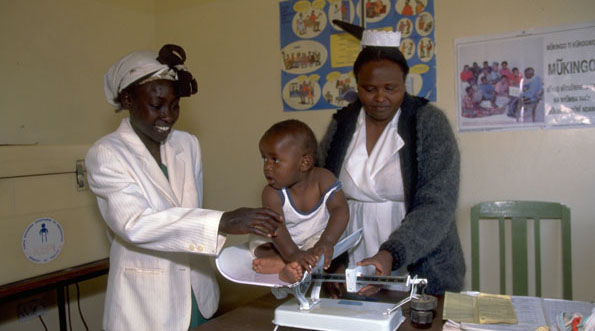This paper presents the findings of a nutrition audit for United Kingdom’s Department for International Development (DFID) in Malawi, which was conducted by Maximising the Quality of Scaling Up Nutrition (MQSUN) between June and July 2012. It looks at the extent to which current DFID Malawi programmes and activities already make a contribution to the reduction of undernutrition, the potential for scaling up the existing programmes to contribute to the reduction of undernutrition and an assessment of the feasibility of integrating nutrition outcomes into the new DFID Malawi programmes. Suggestions for nutrition-specific and nutrition-sensitive indicators that could be integrated into the existing Malawi programmes are also included.
Conclusion Summary
All current DFID programmes, with the possible exceptions of the governance and security and wealth-creation programmes, were found to have an effect on addressing the nutritional status of women and children. That being said, one can define a causal pathway from these programmes to nutrition under certain circumstances.
Based on an analysis of gaps in current nutrition programming in Malawi, we have proposed six interventions which can be integrated into current DFID Malawi programmes:
- Increase diet diversification through kitchen gardens and behaviour change communication on feeding practices.
- Improve nutrition surveillance system established to ensure quality measurement, efficient data collection, recording and management.
- Increase integration of infant and young child nutrition services into early childhood development centre activities.
- Increase awareness and skills of community leaders and community health workers in optimal infant feeding and nutrition within the context of HIV.
- Increase awareness on benefits of iron supplementation amongst pregnant women.
- Improve hygiene and sanitation practices in beneficiary primary schools and communities.


